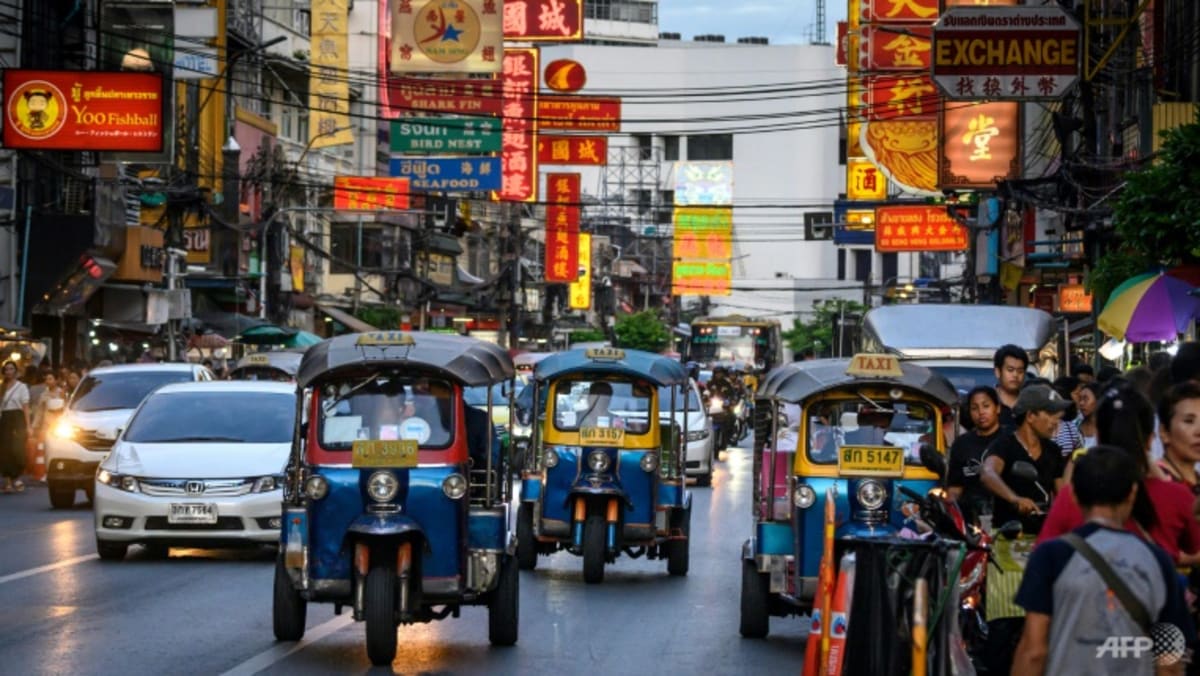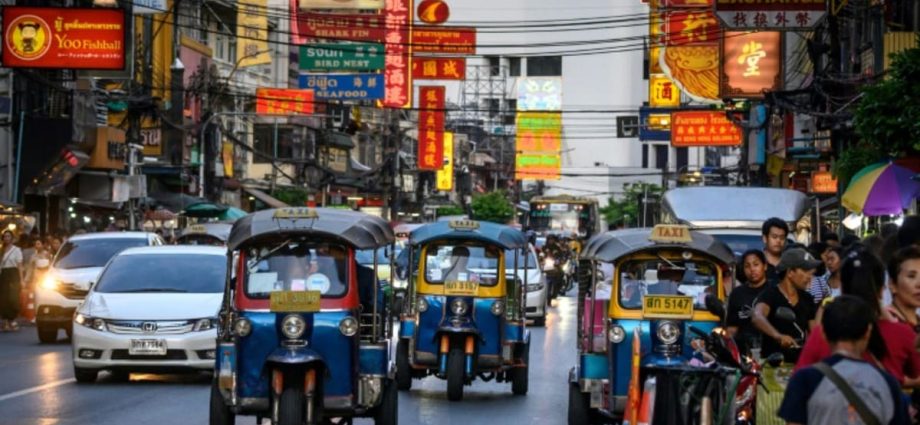
Indonesia often lauds the area’s transformation. “We’re in a good place,” Philippines central bank Governor Felipe Medalla said last month. Thais seem reluctant to grab the microphone.
Policymakers in Bangkok stand out almost by their lack of visibility. This can be a virtue. There’s no gripping issues to wrestle with.
Gross domestic product is likely to recover from a surprise decline in the final three months of last year. The Bank of Thailand has steadily lifted its main rate in quarter-point nudges with a lack of flare and may be just about done. Yes, inflation climbed last year, but has returned to the bank’s target of 1 per cent to 3 per cent.
Thailand’s monetary response during the pandemic was conventional relative to Indonesia’s, whose central bank directly financed government budgets, a step frowned upon in polite monetary society. Former Bank of England governor Mervyn King once said central bankers strive to be boring. By that yardstick, Thailand has succeeded.
NO HAPPY ENDING GUARANTEED
This favourable story isn’t guaranteed a happy ending. Much depends on tourism, especially from China, which reopened its borders late last year. Prior to COVID-19, its citizens made up about 28 per cent of Thailand’s 40 million annual visitors.
Tourism accounts for at least 12 per cent of GDP, but has flow-on effects that multiply the dependence significantly. About one-fifth of employment is tied to the sector and private consumption comprises about half the economy.
If the influx of beachgoers and temple fans falls short, government stimulus would need to ramp up.

